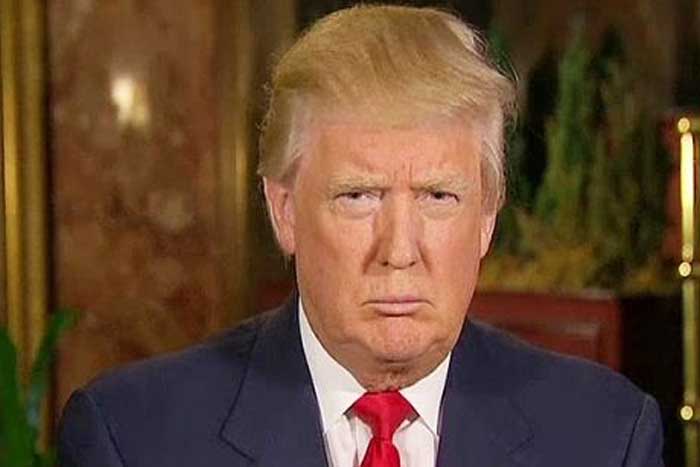U.S. President Donald Trump’s suggestion that South Korea could pay for an advanced U.S. Terminal High Altitude Area Defence (THAAD) system could test the strength of the alliance between Seoul and Washington, analysts said on Friday.
In an exclusive interview, Trump told Reuters on Thursday that he wants South Korea to pay for the one billion dollars THAAD system.
The remarks come as South Korea heads into a presidential election that will likely elect liberal front-runner Moon Jae-in, who has said the next administration in Seoul should have the final say on the deployment of THAAD.
Moon’s campaign office said the deployment of THAAD should be immediately suspended until then.
“This almost certainly will become another self-inflicted wound for the alliance and for U.S. foreign policy,” said Daniel Pinkston, a Troy University professor and expert on North and South Korea based in Seoul.
Moon, who said in a book published in January that South Korea should learn to “say no to Americans”, is leading polls by a wide margin ahead of South Korea’s May 9 election to replace impeached former President Park Geun-hye.
Park’s government agreed with Washington in 2016 to deploy the THAAD.
If elected, Moon would end nearly a decade of conservative rule in South Korea, which has regarded the alliance with the United States dating back to the 1950 to 1953 Korean War as a cornerstone of its defence against the threat of North Korea.
Moon advocates dialogue with North Korea and has criticised the conservative government and its hawkish stance for failing to stop Pyongyang’s weapons development.
The Trump administration said on Wednesday it wanted to push North Korea into dismantling its nuclear and missile programmes through tougher international sanctions and diplomatic pressure but remained open to negotiations to bring that about.
Kim Ki-jung, a top foreign policy adviser to Moon, said the suggestion that South Korea pay for the system was an “impossible option”.
“Even if we purchase THAAD, its main operation would be in the hands of the United States,” said Kim.
“So purchasing it would be an impossible option.
“South Korea has never considered buying the system, partly because the cost involved was deemed prohibitive. Some liberal politicians have argued South Korea should develop its own indigenous missile defence system.
THAAD’s job is to intercept and destroy a ballistic missile in its final phase of flight.
A battery comprises four parts: the truck-mounted launcher, eight anti-missile “interceptor” missiles, a radar system and a fire control system connecting it to U.S. military commanders.
Seoul said the decision to deploy THAAD was ultimately a military decision taken by the United States.
“He’s using THAAD as a guinea pig to test the relationship,” said Kim Dong-yub, a professor at Kyungnam University’s Institute of Far Eastern Studies in Seoul.
“Trump seems to be testing South Korea’s commitment to the Korea-U.S. alliance. I wonder if Trump’s saying this because he already thinks Moon will win,” Kim added.
In an interview with Reuters, Trump also said he will either renegotiate or terminate what he called a “horrible” free trade deal with South Korea.
A second top foreign policy adviser to Moon said Trump’s comments about the cost of THAAD poses fundamental questions about where the alliance may be headed.
“This is a new dimension,” said Chung Eui-yong, a former South Korean ambassador to Geneva who leads a team of foreign policy advisers for Moon.
“Our position has been that we should review THAAD even if we are not paying for it, but his comments on the cost have changed the fundamental aspect of this issue,” Chung told Reuters.
“We will have to choose what is best for our national interests.”
The U.S. military started deploying THAAD in early March, inspite of strong opposition from China, which says the system’s radar can be used to spy into its territory.
The deployment also sparked protests from residents in Seonjgu in the southeast, where the system is being deployed, and prompted a North Korean warning of retaliation.
China has imposed some restrictions on South Korean companies in China, which many in South Korea perceive as retaliation for deployment of the missile system.
Under the Status of Forces Agreement, which lays out conditions under which U.S. forces are stationed in Korea, the two countries should mutually agree if South Korea wants to take back the land which has been allocated to the U.S. military for the deployment of THAAD.
South Korea said on Wednesday major elements of the system have been moved into the site and it would be fully operational by the end of this year. (Reuters/NAN)

